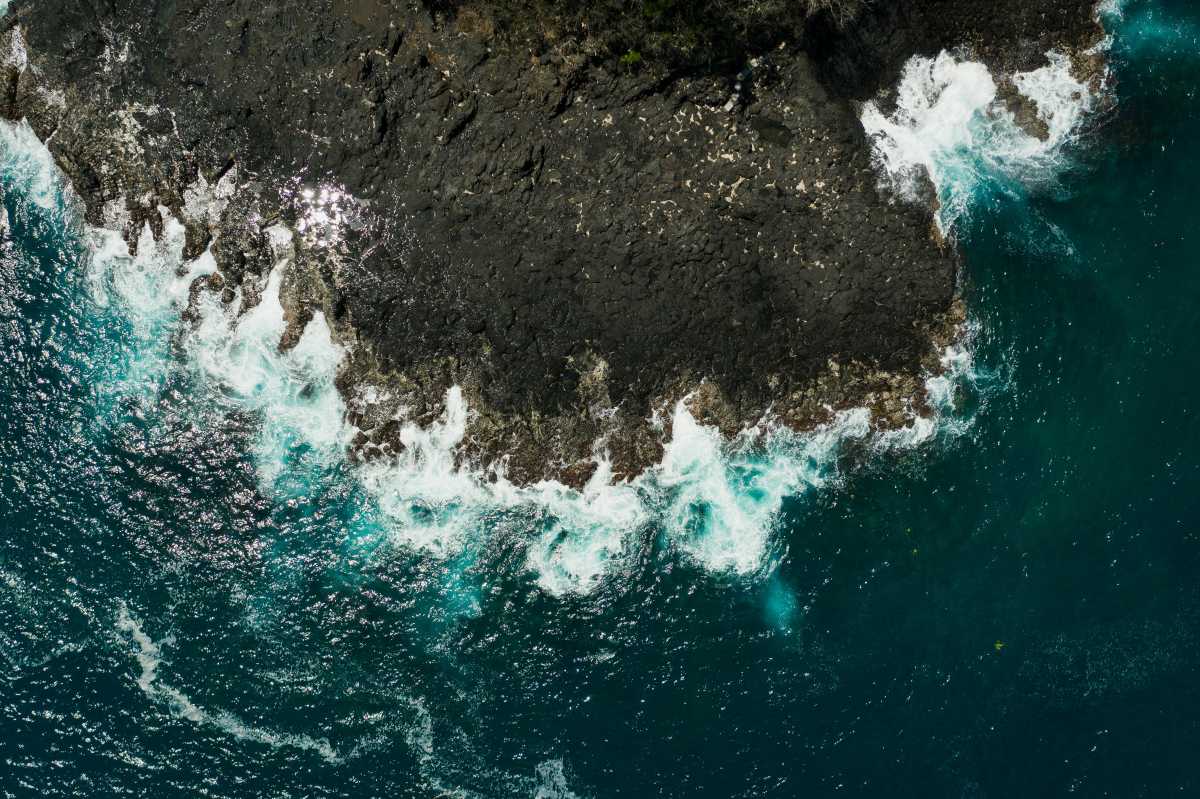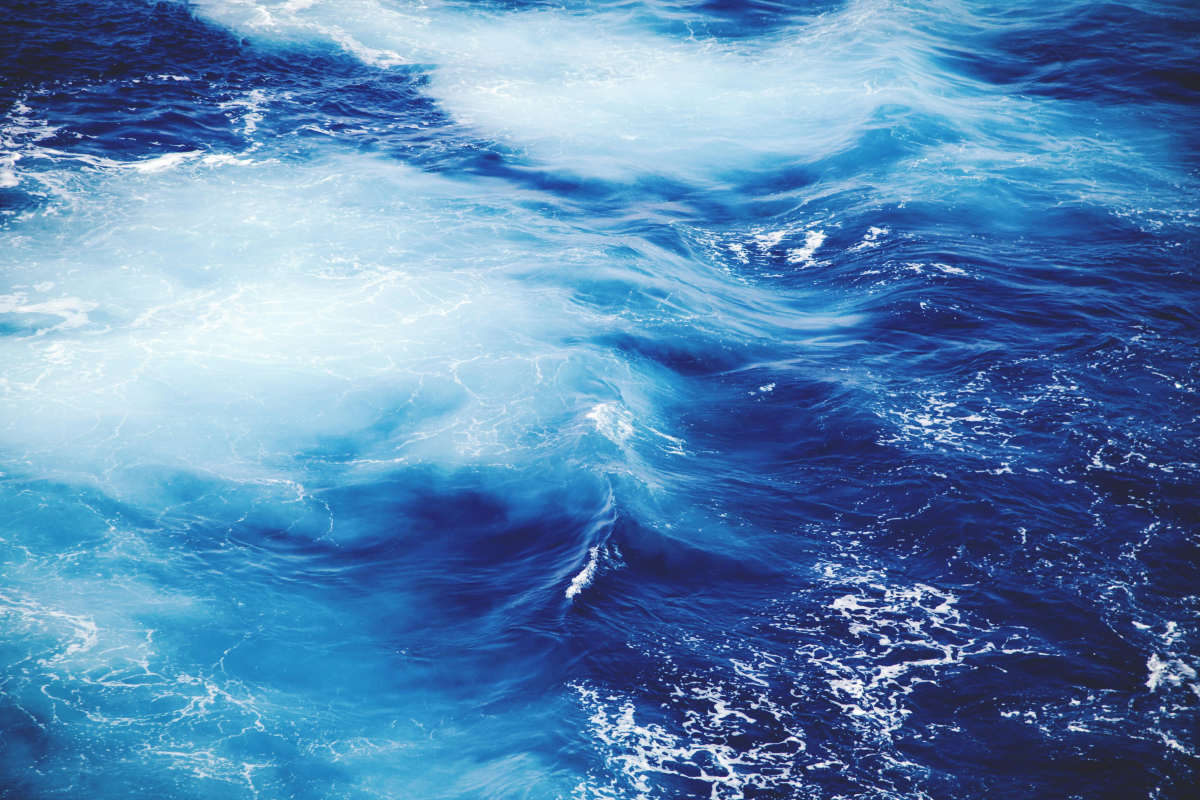Researchers are alarmed at geoengineering proposal of blocking ocean current, calling it 'socially' unacceptable

Global warming and sea level rise are huge concerns for environmental advocates worldwide. Several methods have been proposed to save the planet. One of them involves geoengineering to block ocean currents, according to The Cool Down. Experts have proposed introducing an underwater steel curtain or rocks to inhibit the current's functioning in Greenland's ice sheet, as part of this geoengineering intervention. Some experts support this, claiming it can dramatically decrease the temperature. However, some oppose it vehemently, believing that it has the potential to cause some unprecedented harm.

Potential for damage
Researchers in favor of geoengineering implementations want to incorporate underwater barriers to prevent warm currents from flowing under ice shelves. Large-scale interventions, in theory, may mitigate the rise of global temperatures. However, several unknown factors are in play: it could lead to a massive disruption in the world's food supply, sending humans as well as other beings into disarray, according to the American Geophysical Union. Furthermore, experts do not exactly know how much ice mass loss could be prevented from this pursuit. "There is already sufficient evidence to conclude that artificial barrier installation would have negative regional implications for marine productivity. The effects on fisheries are a concern as negative implications for Greenland's regional fisheries are unlikely to be socially acceptable," the authors shared.

Ineffective methodology
A team of experts deemed this methodology ineffective when it came to mitigating climate change. Their findings were published in the journal Frontiers in Science. They also considered it dangerous that some experts were prioritizing geoengineering over carbon emission cutbacks to reduce global warming. Geoengineering has been defined as interventions in the study that alter the Earth's climate system, in such a way that it can counteract global warming. Supporters want these interventions to be applied to the Arctic and Antarctica, as they are getting heated up faster than anywhere else in the world. "The proposed geoengineering methods are not more than a Band-Aid on a serious injury," said Professor Regine Hock of the UAF Geophysical Institute and the University of Oslo. "They do not address the underlying causes of the climate crisis, but may cause serious damage and are extremely costly," Hock said.
In the study, scientists claimed that not only are proposals like blocking currents expensive, but Arctic and Antarctic ecosystems will likely reject them due to their complex environmental protection and governance systems. The team was surprised that such ideas were even garnering popularity, and claimed that some agents who do not want fossil usage to be hampered are behind their promotion. The team firmly asserts that the only way to mitigate global warming and climate change is by rapid, deep cuts to greenhouse gas emissions.
Current state of affairs
The last decade has been the warmest on record for the planet. It has caused sea levels to rise at an unprecedented rate due to the melting of glaciers and an increase in water volume. Wamer atmosphere also brings increasing moisture, which further increases the likelihood of extreme events like hurricanes. All of these consequences are hard on coastal communities, endangering both their life and livelihoods. Any solution for these issues must take into consideration the economic, social, cultural, and technical interests of all stakeholders involved in the situation. Most scientists suggest that authorities cut back on fossil fuel consumption and invest in habitat protection, rather than the promise of geoengineering.